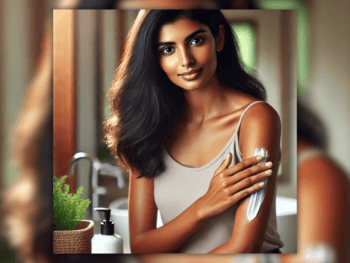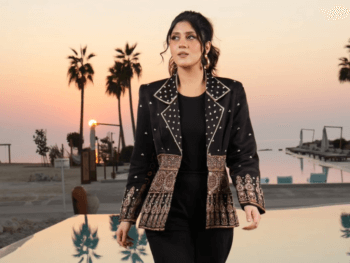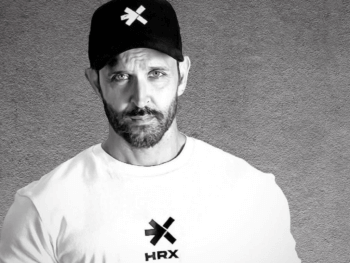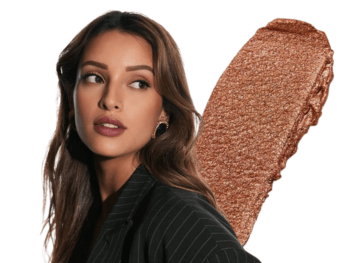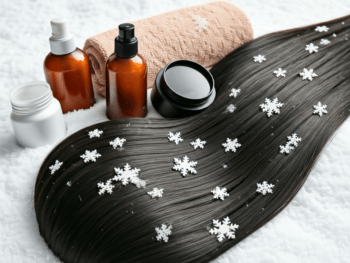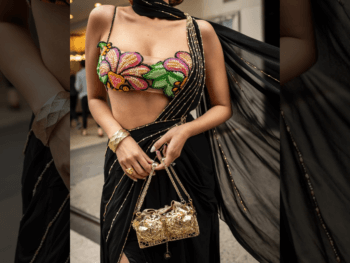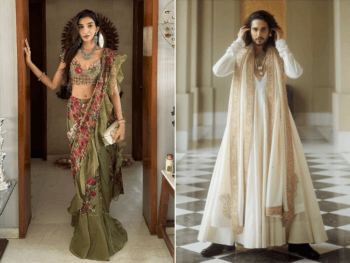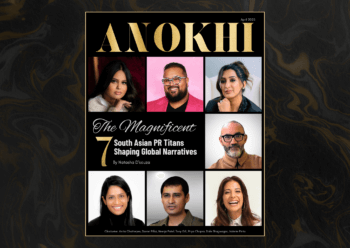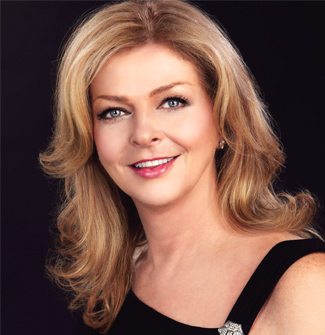
Sherry Abbott, a cancer survivor and the executive director of the Canadian Cosmetic, Toiletry and Fragrance Association, discusses how one program helps women living with cancer look and feel like themselves again.
Most women place a lot of importance on their hair and skin since these are often seen as symbols of femininity, beauty and youth. So it can be devastating when cancer takes them away. As if battling the illness isn’t enough, experiencing hair loss, skin discolouration and other physical changes through treatment can leave many women feeling less than beautiful. The Look Good Feel Better program is addressing this struggle.
Launched in 1992 by a charitable foundation of the Canadian Cosmetic, Toiletry and Fragrance Association, Look Good Feel Better is Canada’s only cancer charity dedicated to empowering women living with cancer by helping them manage their treatment’s effects on their appearance and self-image. Sherry Abbott, a cancer survivor and the executive director of the CCTFA, shares more on how the program can help women look good and feel better.
Soriyya Bawa: What is the goal of Look Good Feel Better?
Sherry Abbott: At Look Good Feel Better, we believe an improved self-image can help lift women’s spirits and nurture hope, helping them face their illness with greater confidence. We give them the tools and techniques they need to manage the effects that cancer and its treatment have on their appearance. We like to call it a “makeover for the spirit.” And beyond the therapeutic effects of looking good, a Look Good Feel Better workshop experience helps women realize they are not alone on their cancer journey.
SB: How do the workshops work?
SA: Our free, two-hour workshops provide a safe and supportive environment where women with cancer can be helped to manage the effects that cancer and its treatment have on their appearance. Our workshops are led by industry-trained cosmetic advisors and teach women how to use makeup and hair alternatives to help them look and feel more like themselves again. Each participant receives a complimentary kit of cosmetic and skin care products donated by member companies of the CCTFA. Our volunteers use these products to guide women through the Signature Steps, which teach them how to even out skin tone and recreate the look of lost eyebrows and eyelashes. They also learn how to care for their skin and nails during treatment. And as hair loss is one of the most challenging appearance-related effects of treatment, our workshops also feature a special session on hair alternatives. Our workshops are offered at 119 hospitals and cancer care facilities across the country and are available for women with all types of cancer and treatment protocols.
SB: How was this idea born?
SA: Look Good Feel Better was created from the belief that if a woman with cancer can be helped to look good, chances are she’ll feel better, her spirits will be lifted and she’ll be empowered to face her illness with greater confidence.
SB: How does learning about hair, makeup and skin care help a woman struggling with cancer?
SA: The practical benefits of a Look Good Feel Better workshop are numerous. Not only does the workshop help each woman look and feel more like herself at a time when so much is out of her control, when a woman is undergoing treatment, her immune system is compromised in addition to the visible changes to her hair, skin and nails. Our workshops include important information on strict hygiene when using products during treatment since the risk of infection is greater with a compromised immune system. For example, we recommend using disposable applicators for products and we recommend against using manicure or pedicure implements that can cut the skin.
 The hair loss that often results from treatment can be devastating. Workshop participants will learn how to recreate the look of brows and lashes and also learn a variety of hair alternatives. Good basic skin care is also a focus, as women will find changes to the comfort and texture of their skin during treatment. Typically they will find that their skin is more dry and sensitive. Cosmetics play an important part in evening out skin tone, concealing dark circles under the eyes as well as adding some colour to the skin with blush and comforting dry lips with a moisturizing lipstick.
The hair loss that often results from treatment can be devastating. Workshop participants will learn how to recreate the look of brows and lashes and also learn a variety of hair alternatives. Good basic skin care is also a focus, as women will find changes to the comfort and texture of their skin during treatment. Typically they will find that their skin is more dry and sensitive. Cosmetics play an important part in evening out skin tone, concealing dark circles under the eyes as well as adding some colour to the skin with blush and comforting dry lips with a moisturizing lipstick.
SB: Different cultures, including the South Asian culture, have very specific beauty issues. For instance in the South Asian culture, hair is regarded as a sign of beauty. How does Look Good Feel Better address and accommodate cultural issues like this?
SA: I have lived, worked and travelled extensively in South Asia and know well that a woman’s hair is not only a sign of beauty, it also represents an important aspect in her self-image. Having lost every hair on my body while undergoing treatment for ovarian cancer many years ago, I know all too well that loss of hair can be devastating. In fact, we sometimes hear from women that the hair loss is more upsetting than their cancer diagnosis. Thankfully, there are many great options available to meet the personal needs of every woman.
We are currently working with Diversity Marketing [Services] to better understand how we can best offer the workshops or program materials to various cultural communities. The research gained this year will help us deliver a pilot project in the Greater Toronto Area in 2014.
For more information on finding a workshop, becoming a volunteer or making a donation, visit the program’s website at www.lookgoodfeelbetter.ca
PUBLISHED IN THE HEALTH & WELLNESS ISSUE, SUMMER 2013
Soriyya Bawa
Author
Soriyya Bawa has been featured in national publications including ANOKHI Magazine Tribute Magazine and Canadian Family Magazine. Soriyya currently works as a freelance writer and editor based in Toronto, Ontario and also specializes in customized web content and socia...












































































